Is a vocational qualification the right path for your child? What we are doing to help young people get vocational and technical qualifications

A survey for the Social Market Foundation and Further Education Trust for Leadership found that more people would prefer their child to take a vocational qualification than attend university.
The poll found that 48 per cent of people favoured a technical education for their child after they left school, with 37 per cent wanting an academic path.
Furthermore, only 55 per cent of people with a degree say they would opt for university if they had the chance to choose again – 33 per cent of graduates said they wished they’d taken a vocational course instead.
Education Secretary Gavin Williamson said:
As we rebuild from the pandemic, we’ve put reforming further education at the heart of our plans to build back better, and as Education Secretary I have championed the often forgotten 50 per cent of young people who don’t go to university.
This poll shows the value the public see in the excellent opportunities vocational and technical qualifications can lead to. Our Skills for Jobs White Paper sets out our vision to transform the sector and expand opportunity right across the country, so that more people can get the skills they need to get good jobs.
Here’s the lowdown on what the department is doing to help young people get vocational and technical qualifications.
Apprenticeships
An apprenticeship is a real job where you earn while you learn, have a competitive salary paid and all your training comes free.
Apprentices are employees with a contract of employment and holiday leave. By the end of an apprenticeship, they will have the right skills and knowledge needed for their chosen job.
There are over 600 different standards you can do in a huge range of careers, from space technician to digital marketing.
Employers (in England) can claim a payment of £3,000 for each new apprentice they hire as a new employee between 1 April and 30 September 2021, as part of the government’s Plan for Jobs. The payment makes it a great time for employers to offer new apprenticeship opportunities.
The department has also recently launched a consultation on flexi job apprenticeships which will enable an apprentice to work across a range of projects and with different employers to gain the full skills and experience they need to complete their programme. This could include film, TV and theatre production, with one apprentice now being able to work on different productions during their apprenticeship.
Apprenticeships give you the opportunity to earn while you learn.
High quality training and hands-on experience develops transferable skills in a range of exciting jobs.
Visit https://t.co/ecrxuRLkRZ, and watch how Alim found his dream job at @Channel4.
#PlanForJobspic.twitter.com/08KDEz9Z45
— Department for Education (@educationgovuk) April 22, 2021
You can find out more about apprenticeships here.
T Levels
The new technical qualifications – equivalent to three A Levels – combines classroom study with industry placements so that students gain the skills and experience they need to progress into work, further study or an apprenticeship.
T Levels are more rigorous and occupationally-relevant than many current vocational courses, and with content designed with over 250 employers including Fujitsu and Amazon, they will generate the skilled workforce that businesses need for the future.
The first three T Levels in Design, Surveying and Planning for Construction; Digital Production, Design and Development; and Education & Childcare were introduced in September 2020. Feedback from students and providers has been positive.
A further seven will be available from September 2021 in subjects including Healthcare, Science and Onsite Construction – and subjects including Engineering and Manufacturing, Finance, Creative & Design and Legal will be introduced from 2022 and 2023.
T Level courses include the following compulsory elements:
- a technical qualification, which includes
- core theory, concepts and skills for an industry area
- specialist skills and knowledge for an occupation or career
- a meaningful industry placement with an employer of around 9 weeks
- a minimum standard in maths and English if students have not already achieved them.
You can find out more about T Levels here.

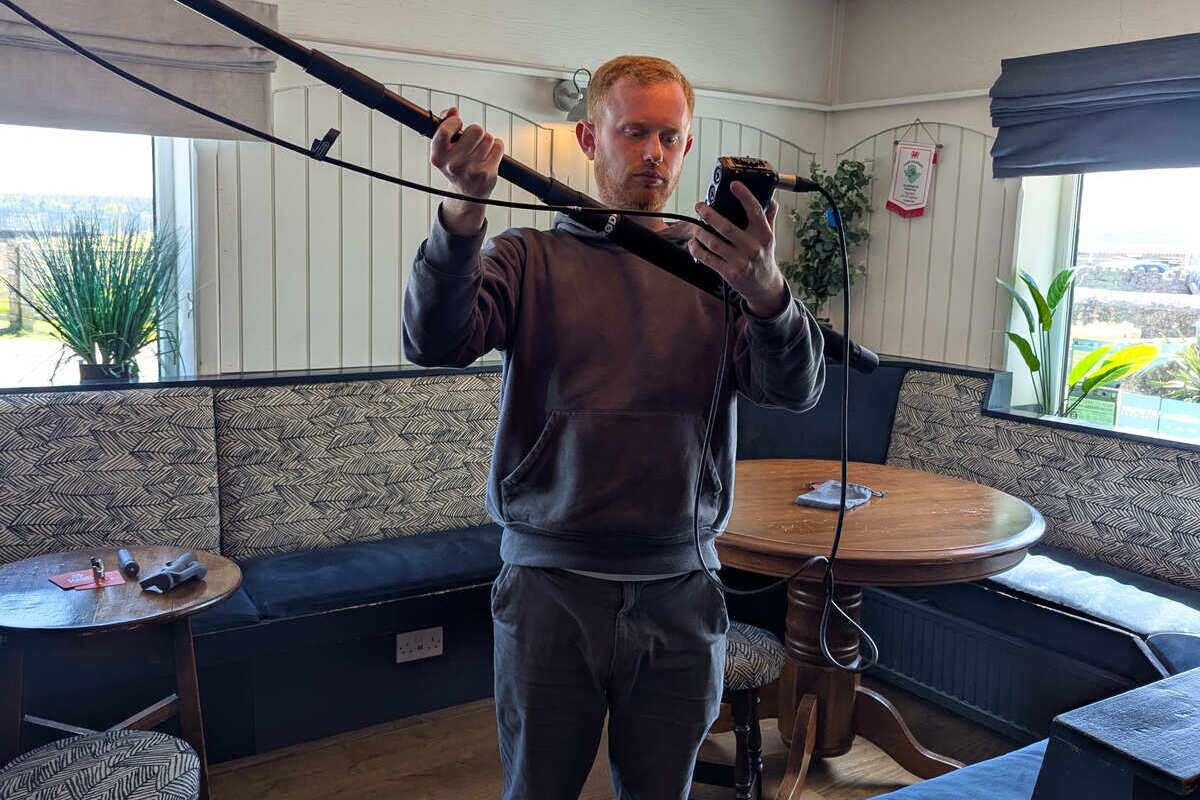

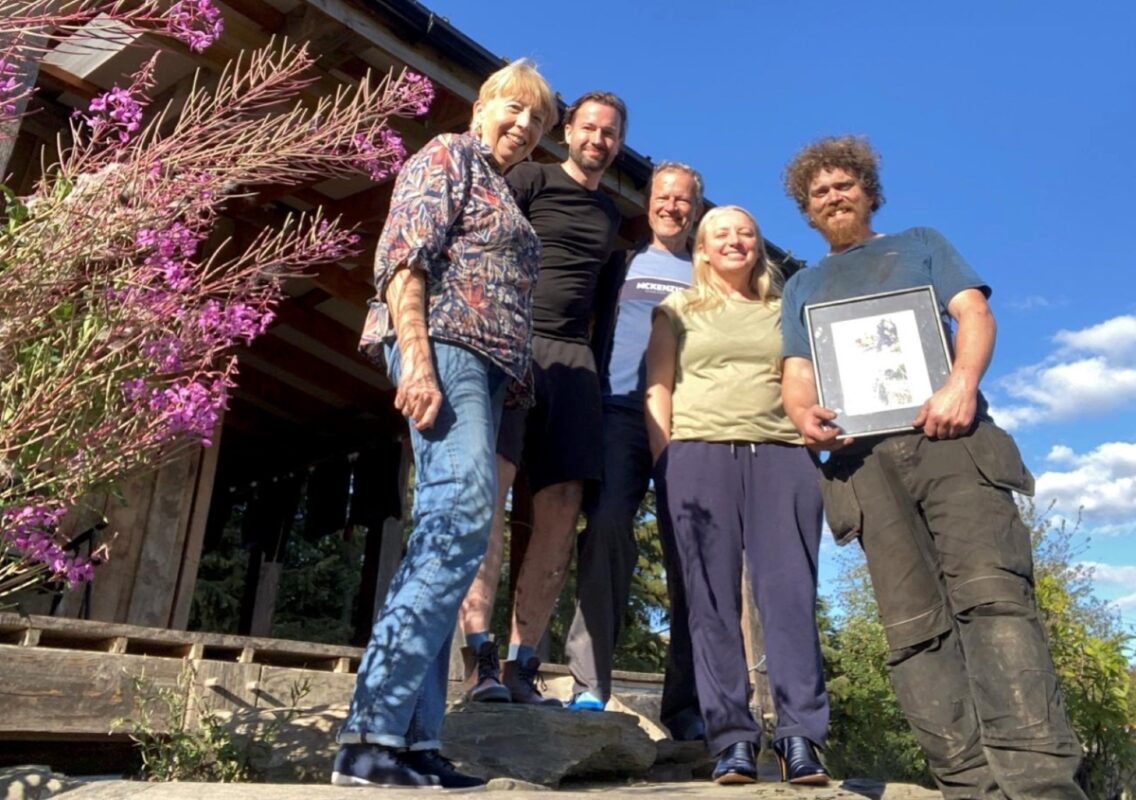

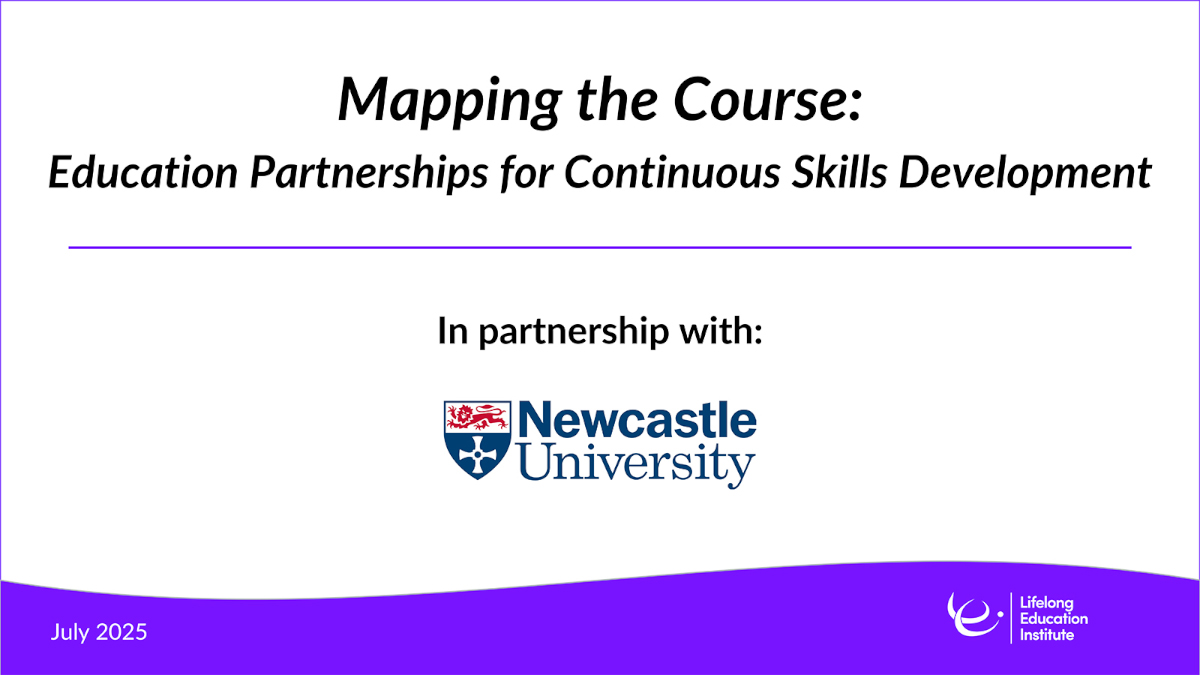

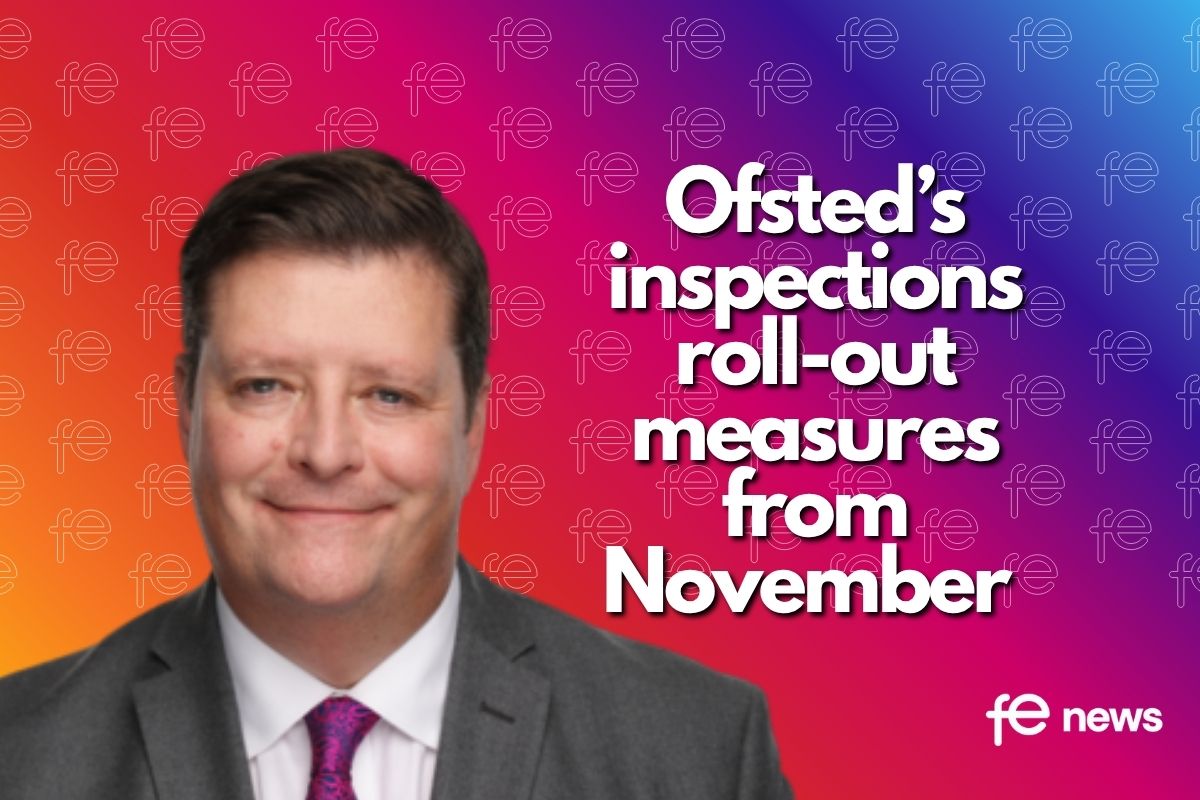


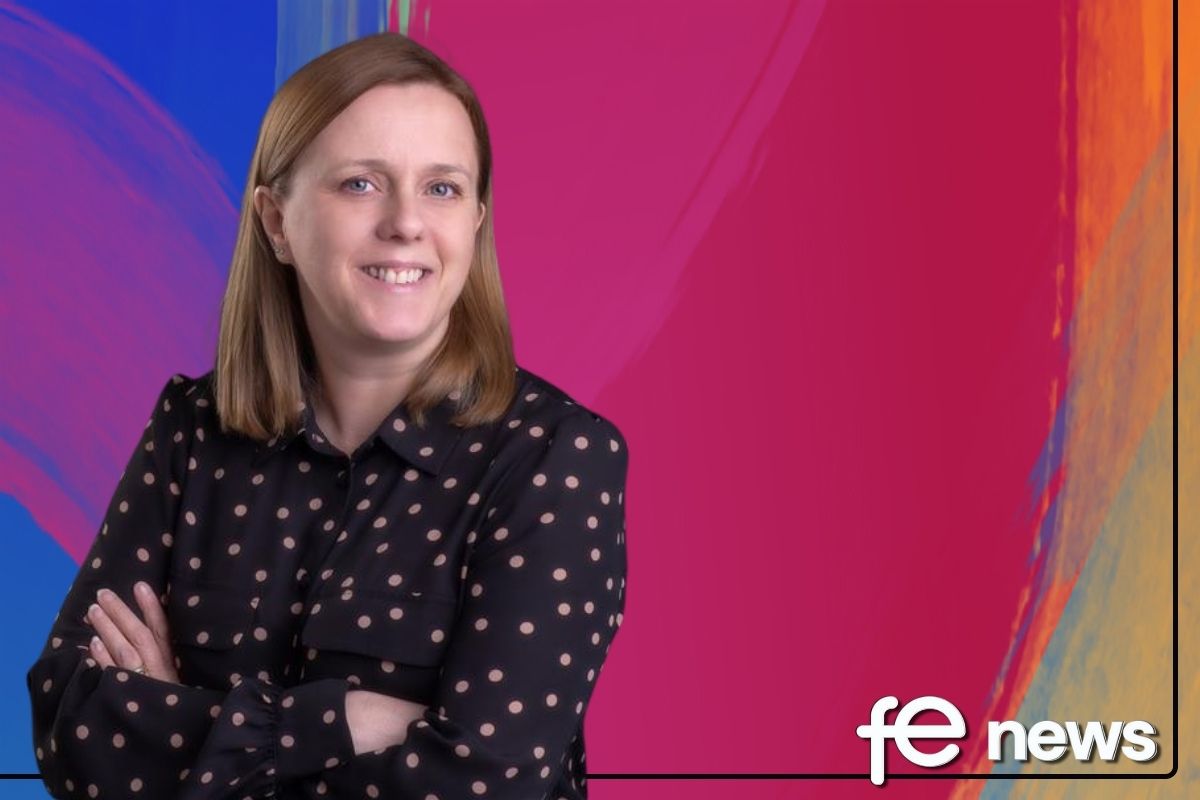
Responses